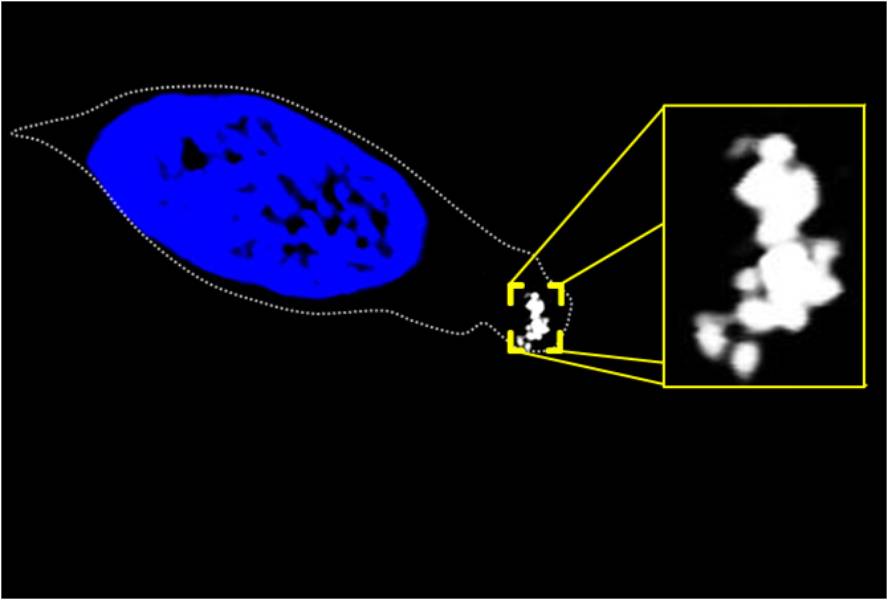Isolate magnetic cells from trout
Researchers at the Ludwig Maximilians University in Munich have been able to differentiate magnetic cells in the olfactory tissue from rainbow trout. Although, like trout, it is believed that other migratory animals use the Earth's magnetic field to orient themselves, until now magnetic cells have not been isolated.
The greatest difficulty is cell scarcity. In fact, they are few and independent in the tissues to prevent interference between them, according to the head of the research, it is possible that one in 10,000 cells are magnetic. In previous sessions scientists have come to define which tissues can be magnetic cells and have found the magnetite in the olfactory tissues of fish and birds, a magnetic mineral that gives them the ability to detect the Earth area.
To distinguish which were the magnets, the cells taken from the nose of the trout have been subjected to a microscope and rotated under the influence of a magnet. The researchers' belief was that magnetites would rotate with the magnet. By further analyzing the spinning cells, they have detected the magnetite near the outer membrane of the cell. In addition to the discovery, researchers from Ludwig Maximilians University have created an effective methodology to take advantage of the tissues of other animals.






